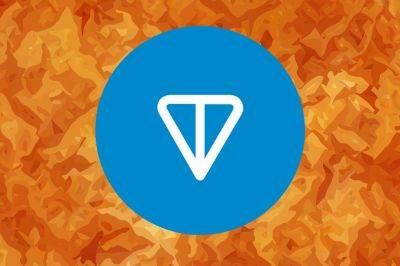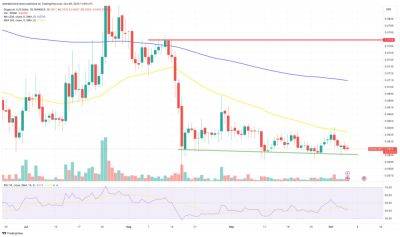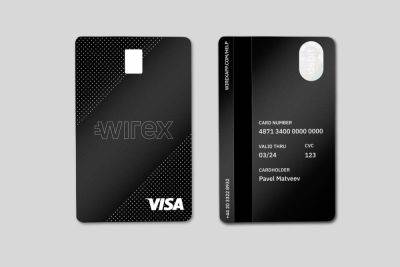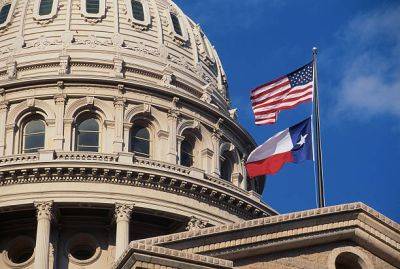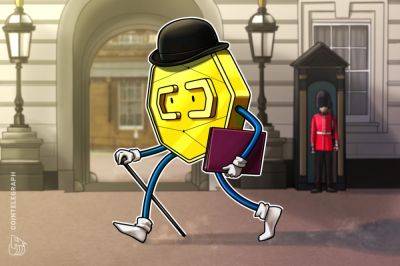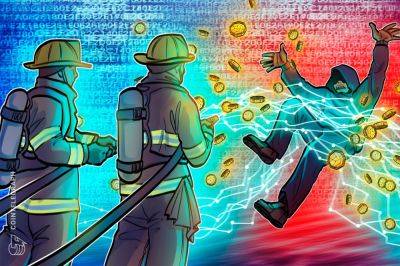12 crypto experts’ tips for companies working with tokenized assets
For many consumers, dealing with certain industries — including finance and real estate — is a frustrating experience due to the vast amount of paperwork and red tape that comes with carrying out a transaction. Not surprisingly, the crypto industry has a tech-forward solution: tokenization. By representing real-world assets such as real estate, art, stocks and bonds — essentially, anything — as tokens on a blockchain, transactional parties can more easily trade, transfer and manage assets. The percentage of tokens owned by an individual represents their percentage stake in the underlying asset.
It’s a simple enough solution — but as is often the case in the crypto industry, the complication comes with regulatory compliance. In the United States in particular, there is still little clarity around the tokenization of RWAs, and regulations are likely to emerge and evolve in coming years. Below, 12 members of Cointelegraph Innovation Circle share their tips for companies currently offering, or contemplating offering, an asset tokenization service.
The key lies in choosing the right assets to tokenize. For example, understanding the main differences between physical assets — such as art, real estate and so on — and rights — shares, bonds and so on — is paramount. Ventures engaged in this challenge should consider duties concerning public offerings of their tokenized assets and the contractual architecture linking a token to the tokenized asset. – Sheraz Ahmed, STORM Partners
Companies should ensure clear disclosures, implement rigorous Anti-Money Laundering and Know Your Customer measures, emphasize data security and privacy, and proactively engage with regulators. It is crucial for businesses to continually monitor regulatory
Read more on cointelegraph.com


